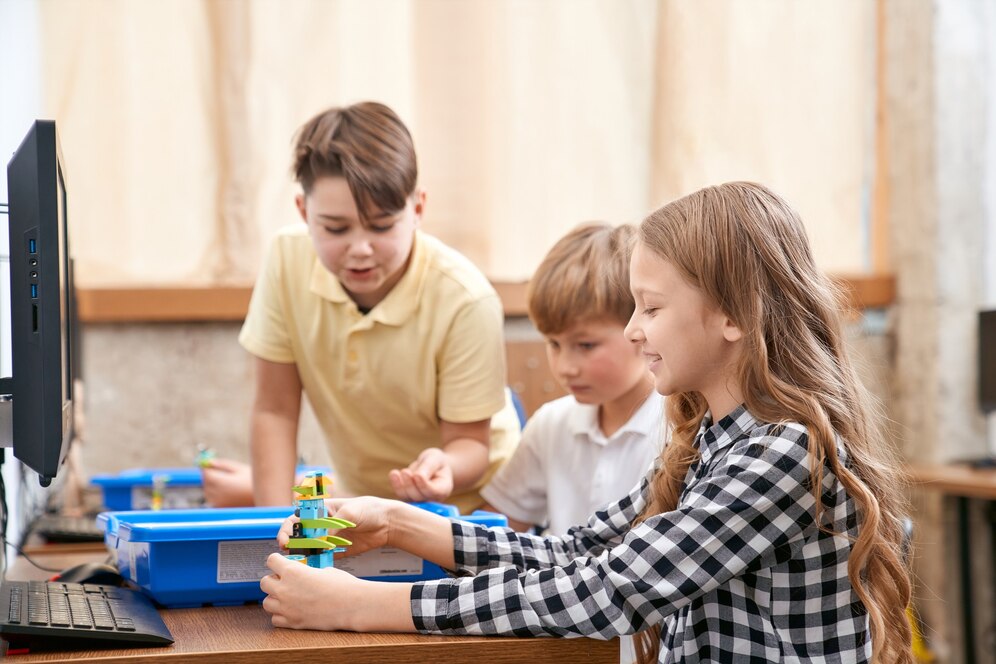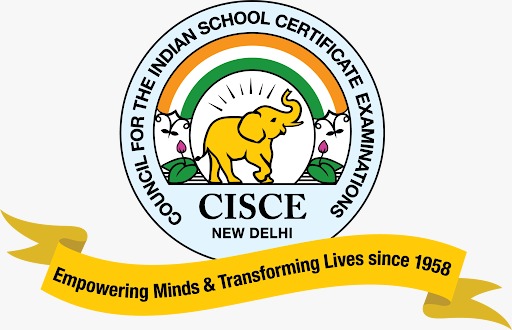In the ever-evolving digital landscape, mastering computer science skills has become crucial for young learners. Engaging in computer science projects not only builds essential skills but also stimulates creativity and enhances problem-solving capabilities. This guide outlines a variety of project ideas that cater to different interests and skill levels, aiming to inspire high school students to explore and innovate.
Types of Computer Science Projects
Web Development
Dive into the basics of web design by learning HTML, CSS, and JavaScript. Students can create their own personal websites, start a blog, or even build an online store, applying their coding skills in real-world scenarios.
Mobile App Development
With the widespread use of smartphones, mobile app development offers a vast playground for creativity. Using Java for Android or Swift for iOS, students can develop applications that solve everyday problems or entertain.
Game Development
Game development combines creativity with coding, allowing students to construct engaging 2D or 3D games. Tools like Unity or Unreal Engine provide the necessary platform to bring imaginative worlds to life, integrating graphics, physics, and user interaction.
Data Analysis
Projects in data analysis teach students to interpret complex datasets using Python and its libraries. Analyzing topics from climate change to social media trends not only builds technical skills but also encourages a deeper understanding of global issues.
Artificial Intelligence and Machine Learning
AI and machine learning continue to shape the future of technology. Students can develop projects like chatbots, recommendation systems, or image classification programs, gaining insights into intelligent algorithms and neural networks.
Robotics
Robotics projects provide a hands-on approach to learning as students design, assemble, and program robots capable of performing various tasks, from simple navigation to complex object detection.
Virtual and Augmented Reality
Developing VR and AR applications allows students to create immersive experiences that merge the real with the digital. These projects can transform the way we interact with technology, offering new methods for learning and entertainment.
Steps to Implementing a Computer Science Project
- Find Your Passion: Identify what excites you most about computer science to focus your project on an engaging topic.
- Define Your Mission: Set a clear, achievable goal for what you want to accomplish with your project.
- Plan Your Project: Organize your approach by breaking the project into manageable tasks, setting timelines, and gathering resources.
- Execution: Jump into the practical aspect of building your project—coding, assembling, or both.
- Testing and Troubleshooting: Test your project thoroughly and work through any issues to ensure everything functions correctly.
- Documentation and Presentation: Keep a detailed record of your project’s process and outcomes, and prepare to showcase your work at school events or community showcases.
Benefits of Computer Science Projects
Participating in computer science projects prepares students for future technological careers and fosters a range of skills from logical thinking to creative problem-solving. These projects not only enhance technical abilities but also boost confidence in handling complex challenges.
Conclusion
Computer science projects play a pivotal role in educational and career development for students. They provide a dynamic platform for learners to apply theoretical knowledge in practical, innovative ways. We encourage all students to embrace these opportunities, explore diverse fields within computer science, and lead their learning journey into the future. Thank you for reading our blog! We hope you found the information helpful and engaging. Don’t forget to explore our latest blog “Effective Learning and Teaching Strategies” for more insights. As one of the “best icse schools in whitefield”, we offer a variety of programs designed to enrich your child’s learning experience. You can explore our website to find all the details about our school and the various programs we offer. Happy reading!
FAQs
What skills are necessary for starting a computer science project?
Basic coding knowledge and a willingness to learn are essential. Projects vary in complexity, so starting with fundamental skills and building up is key.
How do you choose the right project?
Consider what interests you most and the skills you want to develop. Also, think about the resources you have available and the scope of the project.
What resources are helpful for learning coding and project development?
Online platforms like Codecademy, Udemy, and Khan Academy offer courses in various computer science disciplines. Hardware and software resources can also be found through school labs and public libraries.








